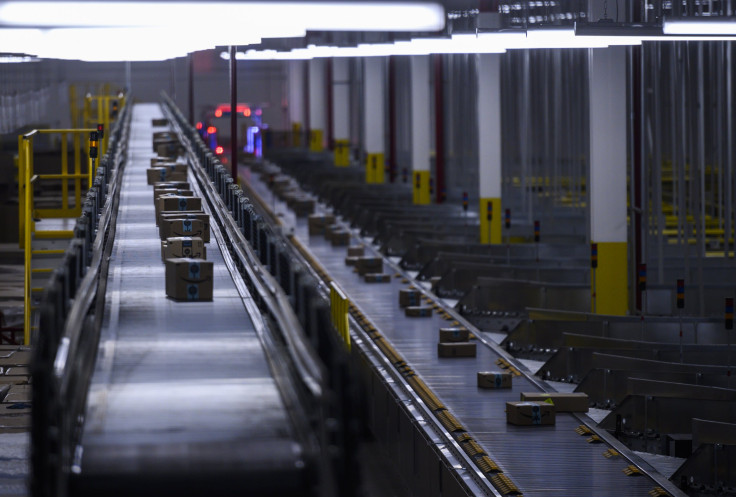How Automation Will Affect The Workforce In The Next Decade

The evolution of the workplace is changing at a rapid pace and no matter what industry you’re in or what level you are at, you’ve likely heard or read something about the effect that artificial intelligence and automation will have in your workplace. Workflow concepts involving automation and AI have been increasingly hitting the market. In particular, RPA—robotic process automation, where bot technology is utilized to organize and execute repeatable workplace tasks—is a technology that has found increasingly wide mainstream appeal.
But what does that mean for workers?
While there’s plenty of fear surrounding whether or not robots will displace human workers, the truth of the matter is that you shouldn’t be scared of having your job replaced, because most American workers are already seeing how robots can help them work better and shed mundane tasks.
In 2017, the research firm Gartner estimated that AI would create more jobs than it would replace, and that by 2025, the net gain of jobs would be around two million.
"Robots are not here to take away our jobs, they're here to give us a promotion. I think that's the way we should start looking at AI," Gartner research manager, Manjunath Bhat, said at the time.
A temporary dip in the number of available jobs will be offset by the growth of jobs that automation will allow, Gartner argues. Some have compared the advent of RPA bots to the technological boom that preceded the Industrial Revolution.
According to a 2017 McKinsey paper, 60 percent of business processes can in fact be automated, which will allow workers to be able to focus on better work instead of repeating time consuming administrative tasks. If any of this applies to your industry and your job market, the rise of RPA is certainly a trend you’ll want to continue monitoring.
As someone who works constantly with RPA technology, the most important thing for workers going forward is general education about the technology. Like Bhat argued on CNBC two years ago, we need to learn to appreciate the efficient processes that RPA can bring our industries. RPA will not displace workers from jobs, it will allow us to spend valuable time on more creative and strategic projects.
While the growth of automation continues to increase heavily, it has become increasingly difficult to speculate about automation’s effect on the GDP. Some estimates suggest that by 2025, $512 billion will be generated thanks to automation; another report suggests that companies will save $5-7 trillion. As more companies understand how to deploy automation to their workplaces, the presence of RPA at your office will only continue to grow.
I believe that as long as we continue to educate and inform consumers on RPA and AI and the effects it will have on the workplace, the better off we will be. By delegating certain tasks to robots and automation, a worker is freed up to imagine how best to add value alongside automation.
Harel Tayeb is CEO of Kryon, a robotic process automation solutions provider.
© Copyright IBTimes 2024. All rights reserved.





















